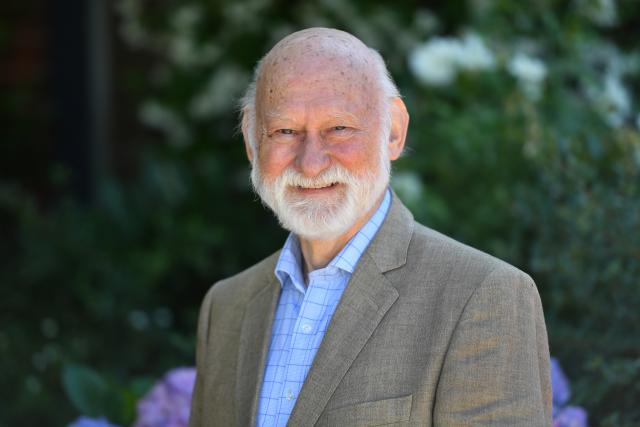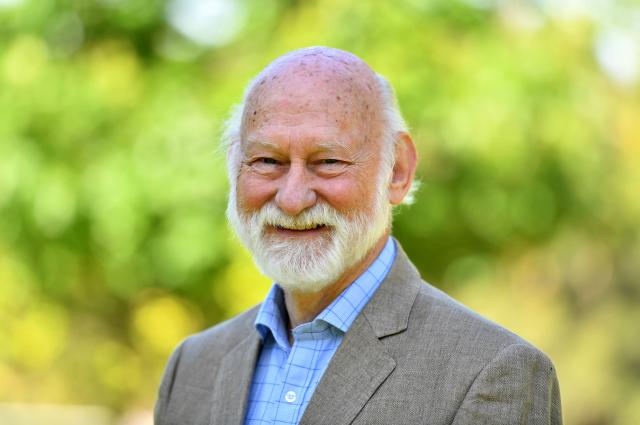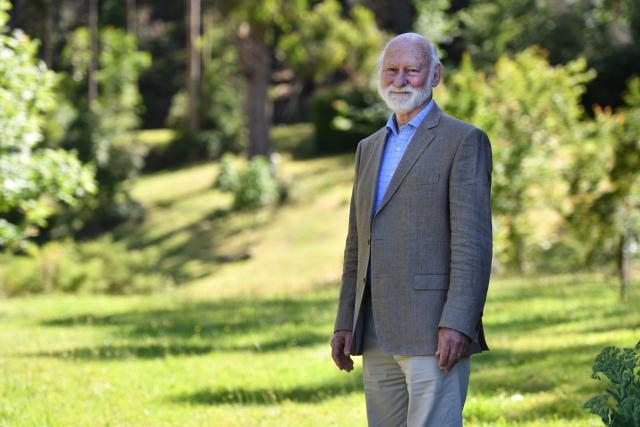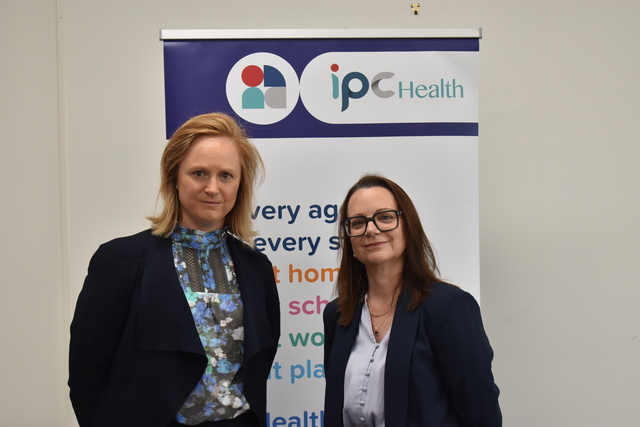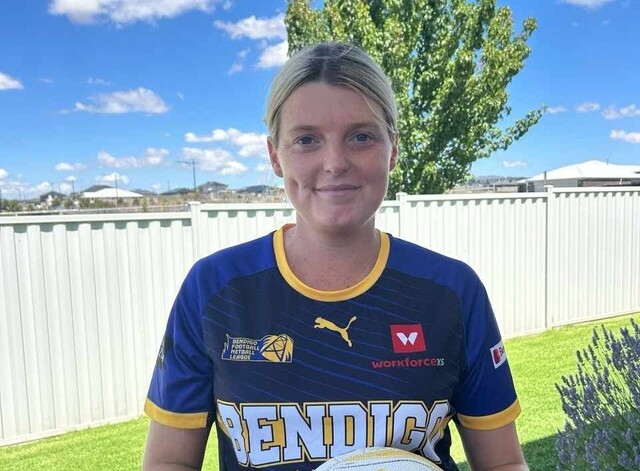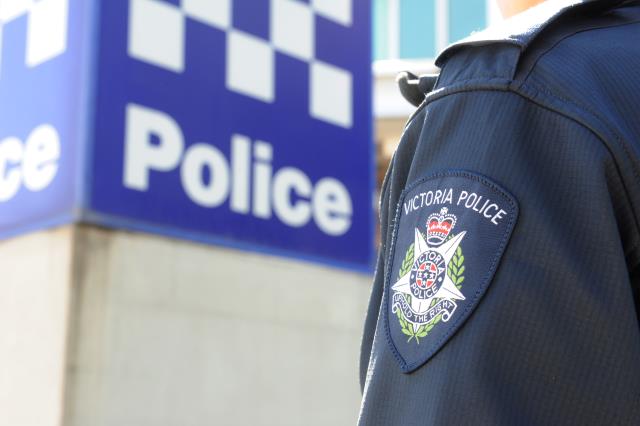With a portfolio of work, research and education in the areas of child and adolescent psychiatry as awe-inspiring as it is extensive, Emeritus Professor Bruce Tonge has been made an officer of the Order of Australia.
The Woodend resident was recognised for his distinguished service to psychiatric medicine and research, to tertiary education, to youth and to the community.
Despite his lengthy body of work, he was modest, and shared his achievement with those who worked alongside him.
“I felt proud and humbled [to be recognised],” he said.
“Proud to have the mental health needs of children recognised and humbled because all I’ve achieved has been on the shoulders of those who have taught me, my supporters, friends and family.
“It’s also in recognition [that] all my work has been a teamwork, with multitudes of colleagues both clinically and in research and teaching. In a way, I’m accepting my award on their behalf too.”
Professor Tonge has published 13 books, 64 book chapters, 320 reviewed papers, 23 videos and 12 manuals and has been a recipient of a list of awards and recognitions too long to list, including the Distinguished Service Award from the World Psychiatric Association in 2007.
After attending Oxford University to complete general psychiatry training before studying specialising in child psychiatry at Cambridge University, he returned to Australia to take up a psychiatry position at Austen Hospital in 1976. By 1980, he became medical director of the Department of Child and Adolescent Psychiatry at the hospital.
At the time, the field of child psychiatry was just forming.
In 1987, he moved to Sydney where he took the chair of child psychiatry at Sydney Children’s Hospital. There, he began his vital research into the relatively new field of mental health problems faced by children of and people with intellectual disability.
“Prior to that if a person with an intellectual disability had difficult behaviours or emotions, it was put down to the fact they were intellectually disabled… Not recognising that people with disability were human beings,” he said.
“[And] like the rest of us could have mental health problems that are open to treatment.”
In the late 1980s, he moved back to Victoria to become a Foundation Professor of Child Psychiatry and to head the Centre for Developmental Psychiatry and Psychology at Monash University.
Since then, he’s been made an Honorary Professor of both Deakin and Warwick universities, was president of the Mental Health Foundation of Australia, was chair of Autism Australia and held various chair roles at the National Health and Medical Research Council.
His committee and advisory roles have been varied and vast, from executive board member of Neurosciences Victoria, to senior examiner (psychiatry) at the Australian Medical Council to his former membership of the Victorian Premier’s Taskforce on Suicide Prevention.
In 2007, he and his wife Avril Brereton co-founded Time for a Future Centre for Child Development in Woodend, where he practises as principal child and adolescent psychiatrist.
“[It was the] first [child psychiatry clinic] outside city areas and since then we’ve been providing services to country Victoria,” he said.
He said he hopes his recognition will raise the profile of mental health issues in children with learning difficulties, and said the public had to understand and act as “agents for change” when influencing politicians and the community more broadly.
“I’m proud to be a part of the [Woodend] community because I think there are many people within our community who are working towards promoting mental health,” Professor Tonge said.

